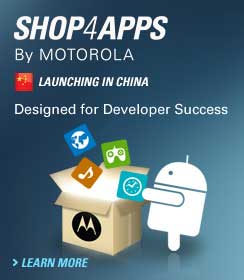"Google Music" is one of those legends that seems like it’s been around as long as Google itself (ok, maybe not quite that long). Rumors pop up from time to time, then they die back down a bit. Then they always come back.
Right now, they’re in full force due to some comments made by Motorola Mobility CEO Sanjay Jha at Mobile World Congress. Guardian quotes him:
"If you look at Google Mobile services [via Android] today, there’s a video service, there’s a music service – that is, there will be a music service." He added that the value of the upgrade to the Android system, known as "Honeycomb", which will power the forthcoming Motorola Xoom tablet is that "it adds video services and music services".
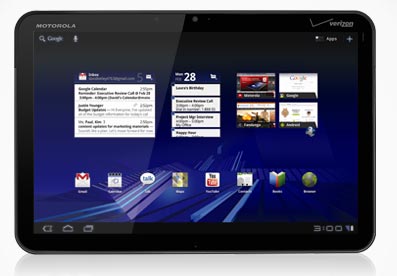
In actuality, Android product manager Gaurav Jain indicated in an interview last summer, that Google Music and Android 3.0 (Honeycomb) would come out together in time for the holidays. Obviously, that didn’t happen, but just because the timing was off was not reason to think it wasn’t going to happen.
Currently, the release, which is expected to complement the release of Motorola’s Xoom tablet, is expected within the next two months.
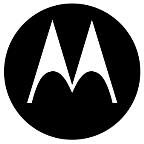 Zecter has two products that are currently on the market. These are ZumoDrive and ZumoCast. The former is for cloud-based content sync, access, and sharing, and the latter is for personal media streaming to any device.
Zecter has two products that are currently on the market. These are ZumoDrive and ZumoCast. The former is for cloud-based content sync, access, and sharing, and the latter is for personal media streaming to any device.  Of course, if some sort of settlement doesn’t occur, Android and Google, and not just Motorola, will in a sense be on trial. After all, a victory for Microsoft here would surely lead to the company filing a lot more Android-oriented lawsuits.
Of course, if some sort of settlement doesn’t occur, Android and Google, and not just Motorola, will in a sense be on trial. After all, a victory for Microsoft here would surely lead to the company filing a lot more Android-oriented lawsuits.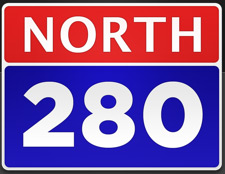 Motorola’s application ecosystem. We believe 280 North will be instrumental in helping us continue to foster the Android ecosystem with innovative web-based technologies and applications. Terms of the transaction were not disclosed."
Motorola’s application ecosystem. We believe 280 North will be instrumental in helping us continue to foster the Android ecosystem with innovative web-based technologies and applications. Terms of the transaction were not disclosed." Otherwise, a 10.1-inch screen’s on the menu, the Tegra 2 platform should be involved, and production is supposed to start late this year. There’s no word yet on pricing or an exact launch date.
Otherwise, a 10.1-inch screen’s on the menu, the Tegra 2 platform should be involved, and production is supposed to start late this year. There’s no word yet on pricing or an exact launch date.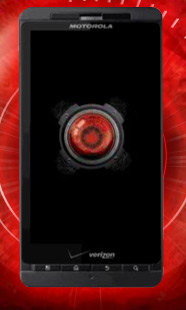 "In the second quarter, our Enterprise Mobility Solutions and Networks businesses continued to deliver best-in-class market leadership and financial returns, with strong operating earnings and excellent cash generation," said Greg Brown, Motorola co-CEO and CEO of Motorola Solutions.
"In the second quarter, our Enterprise Mobility Solutions and Networks businesses continued to deliver best-in-class market leadership and financial returns, with strong operating earnings and excellent cash generation," said Greg Brown, Motorola co-CEO and CEO of Motorola Solutions. Apple
Apple 


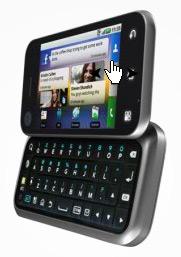 "We believe that consumer choice is one of the most critical components to ensuring a rich and seamless client experience," said Christy Wyatt, corporate vice president of software and services, Motorola Mobile Devices. "Motorola and Microsoft have enjoyed a longstanding collaboration and the addition of Bing services to our Android-based smartphones in China is another important step in empowering our end-users."
"We believe that consumer choice is one of the most critical components to ensuring a rich and seamless client experience," said Christy Wyatt, corporate vice president of software and services, Motorola Mobile Devices. "Motorola and Microsoft have enjoyed a longstanding collaboration and the addition of Bing services to our Android-based smartphones in China is another important step in empowering our end-users." "Teaming up with a global company like Motorola is very exciting for us," said Rani Cohen, CEO of
"Teaming up with a global company like Motorola is very exciting for us," said Rani Cohen, CEO of 